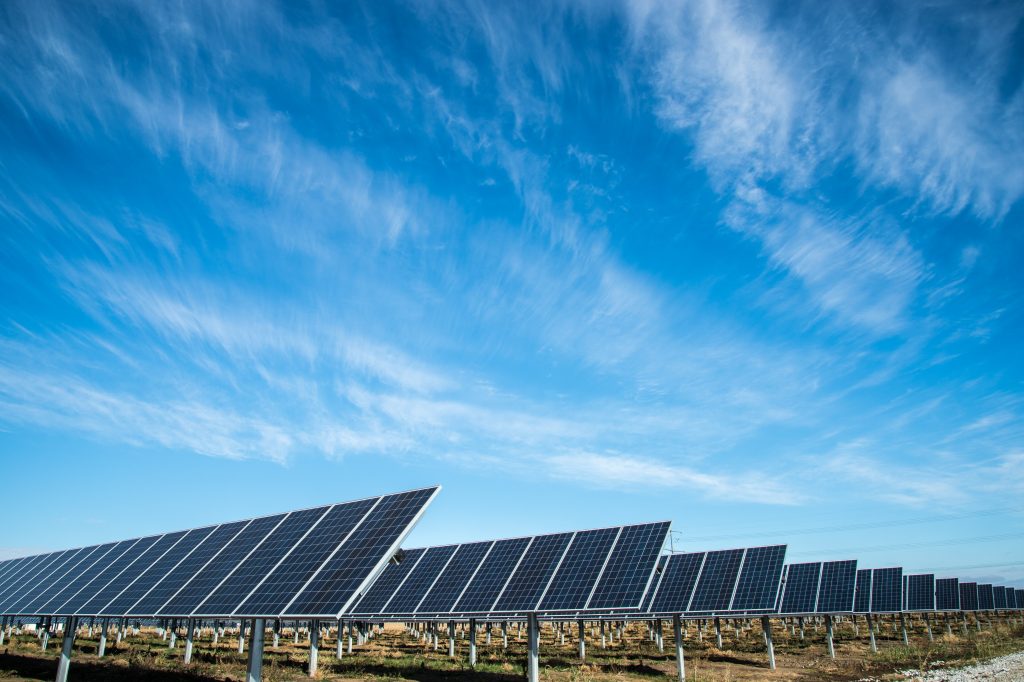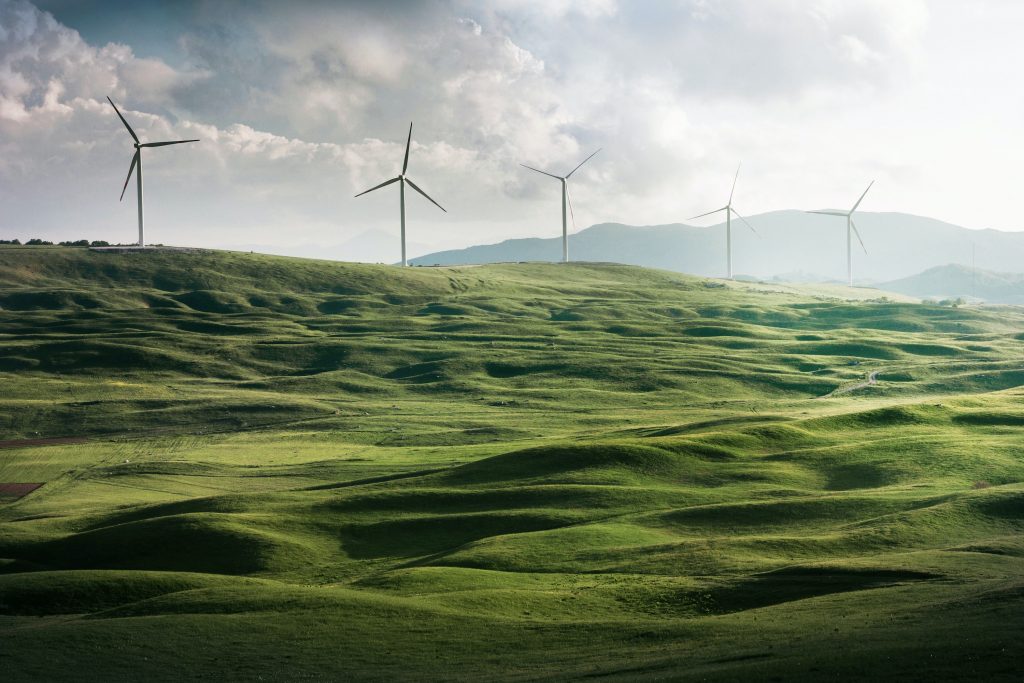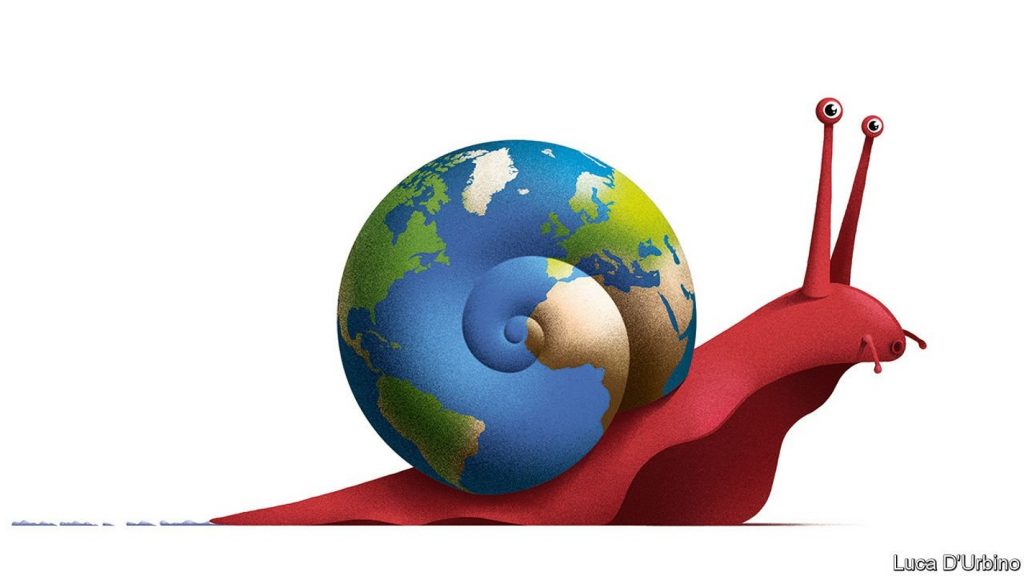‘Uncertainty is here to stay’, we wrote in a blog post regarding the current geopolitical situation that has come to replace, at least for now, the two years of corona related limbo that came before it. Today, we’re looking at sustainability in commodity trading and a few trends and developments en route to a greener future of our industry, as a sort of opposite to uncertainty. After all, sustainability in a way is the inverse of uncertainty, as in; planning ahead, making sure something lasts, neatly avoiding uncertainty.
Sustainability
“The property of being environmentally sustainable; the degree to which a process or enterprise is able to be maintained or continued while avoiding the long-term depletion of natural resources”. It’s no surprise that, in an industry built on long-term business relations, sustainability – as defined by the Oxford English Dictionary here – has long since been a major preoccupation of commodity trading companies. It’s always a current topic too, as we’ll discuss some of the headlines that passed our digital desks this week.
Although Energy Trading Week in London isn’t until September 28-29, with ETW Americas to be held in October in Texas, there are several online focus months and deep-dives into some of the hottest areas of energy trading – including the subject of sustainability and related environmental topics. The ESG and The Path to Net Zero Online for instance was held this week, June 29-30, touching on the carbon market developments, the green energies of the future and sustainable finance, as well as the technologies that can help companies reach ESG and energy transition objectives. Interesting topics and questions included the system requirements to incorporate carbon footprint, how technology can help and how can trading systems support the move towards more renewable products?

Sustainable production
Sustainability in the commodity trading industry is a multifaceted subject. For example, everything from improved farming and processing techniques to greener logistics chains drive the debate on sustainability. These are general examples of course, but it applies to specific commodities as well. In the coffee as well as the cocoa chain, increasing attention is being paid to sustainability. This is reflected, among other things, in the sustainability of the production conditions of coffee and cocoa farmers.
Take UTZ for example, the certification program for sustainable production of commodities like coffee, tea and cocoa. UTZ certification shows consumers that products have been sourced, from farm to shop shelf, in a sustainable manner. To become certified, all UTZ suppliers have to follow our Code of Conduct, which offers expert guidance on better farming methods, working conditions and care for nature. This in turn leads to better production, a better environment and a better life for everyone.
We’ve mentioned The Path to Net Zero Online, that took place this week. This is an overarching example as well. Environmental, social, and governance (ESG) criteria are a set of standards for a company’s behavior used by socially conscious investors to screen potential investments. Environmental criteria consider how a company safeguards the environment, including corporate policies addressing climate change, for example. Social criteria examine how it manages relationships with employees, suppliers, customers, and the communities where it operates. Governance deals with a company’s leadership, executive pay, audits, internal controls, and shareholder rights.
Greenflation
An interesting term we’ve came across last week, which is also one of the reasons we’re talking about sustainability right now, is ‘greenflation’. Now, we’ve already covered rising shipping costs and the related prices of commodities and raw materials as a factor in current inflation levels – in the same blog post we referred to in the introduction. That’s not the whole story though. As capital.com states, “Many companies are adapting their production processes to reduce carbon emissions – but most green technologies require significant amounts of metals and minerals, such as copper, lithium and cobalt.”
“Electric vehicles, for example, use over six times more minerals than their conventional counterparts. An offshore wind plant requires over seven times the amount of copper compared with a gas-fired plant. No matter which path to decarbonization we will ultimately follow, green technologies are set to account for the lion’s share of the growth in demand for most metals and minerals in the foreseeable future.” The result? Constrained supply. “This imbalance between rising demand and constrained supply is why the prices of many critical commodities have increased measurably in recent months. The price of lithium, for example, has increased by more than 1000 percent since January 2020.”
The previous quote has been taken from this blog post on capital.com, in turn referring to this speech given by Isabel Schnabel at a panel on “Monetary Policy and Climate Change” at The ECB and its Watchers XXII Conference last March. It’s an interesting read, that speech, as it also covers ‘climateflation’ and ‘fossilflation’.
Climateflation: ‘as the number of natural disasters and severe weather events is rising, so is their impact on economic activity and prices.’
Fossilflation: ‘reflects the legacy cost of the dependency on fossil energy sources, which has not been reduced forcefully enough over the past decades.’
Slowbalization
Another notable term we’ve come across this week is ‘slowbalization’. As geopolitical tensions between Europe, China and Russia rise, we’re put in a permanent crisis mode. ‘Uncertainty is here to stay’, remember? This is causing severe disruptions in supply chains – with disruptions in maritime transport routes and restricted transport routes for air freight as well as disrupted rail connections between Europe and Asia. Added to this are shipping congestion and increased prices for transportation. This slows down globalization and leads to a slowbalization with more regional value creation.
That last part is interesting of course. While greenflation illustrates an important paradox in the fight against climate change – the faster and more urgent the shift to a greener economy becomes, the more expensive it may get in the short run –, slowbalization appears to show a global change in value creation and logistics chains aimed more at regional value creation, in turn supporting a more sustainable, CO2 neutral economy.
Tackling deforestation
Another example from the world of current affairs is the publication of the Soft Commodities Forum (SCF) Progress Report last week. Or rather, the developments that have led to that publication, as six of the world’s largest food and agri companies are working together to address, among other things, deforestation of Brazil’s Cerrado region.
The Cerrado is the world’s most biodiverse savannah and home to as much as 5 percent of the planet’s animals and plants. The work of the SCF supports the delivery of WBCSD’s vision 2050 in the context of the soy value chain, contributing to a net-zero and nature-positive future. The SCF, led by the World Business Council for Sustainable Development (WBCSD), enables collaboration between those six companies to identify solutions to eliminate soy-driven deforestation and conversion of native vegetation in the Cerrado.
The June 2022 report outlines the progress made toward this goal, including the first disclosure of deforestation- and conversion-free soy footprint, the Farmer First Clusters Initiative (establishment of a three-year strategy to preserve priority Cerrado landscapes) and a sectoral approach to the monitoring of indirect sourcing.


